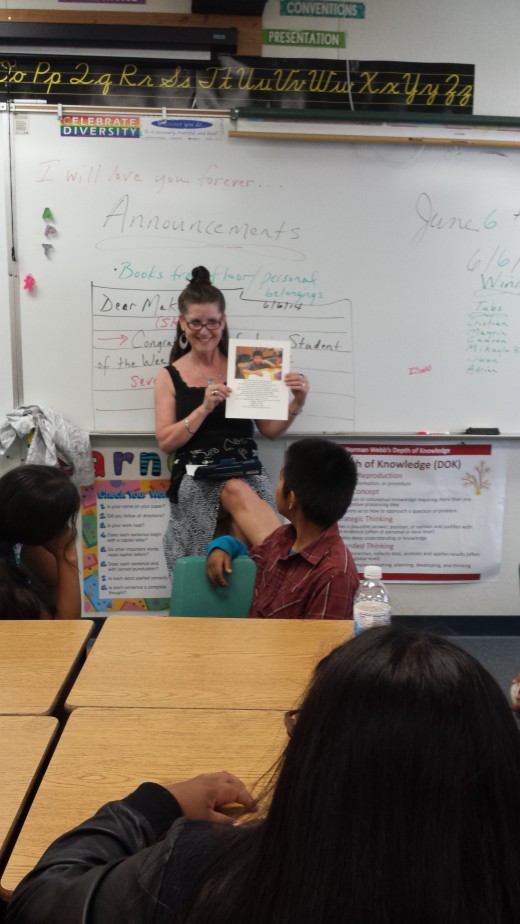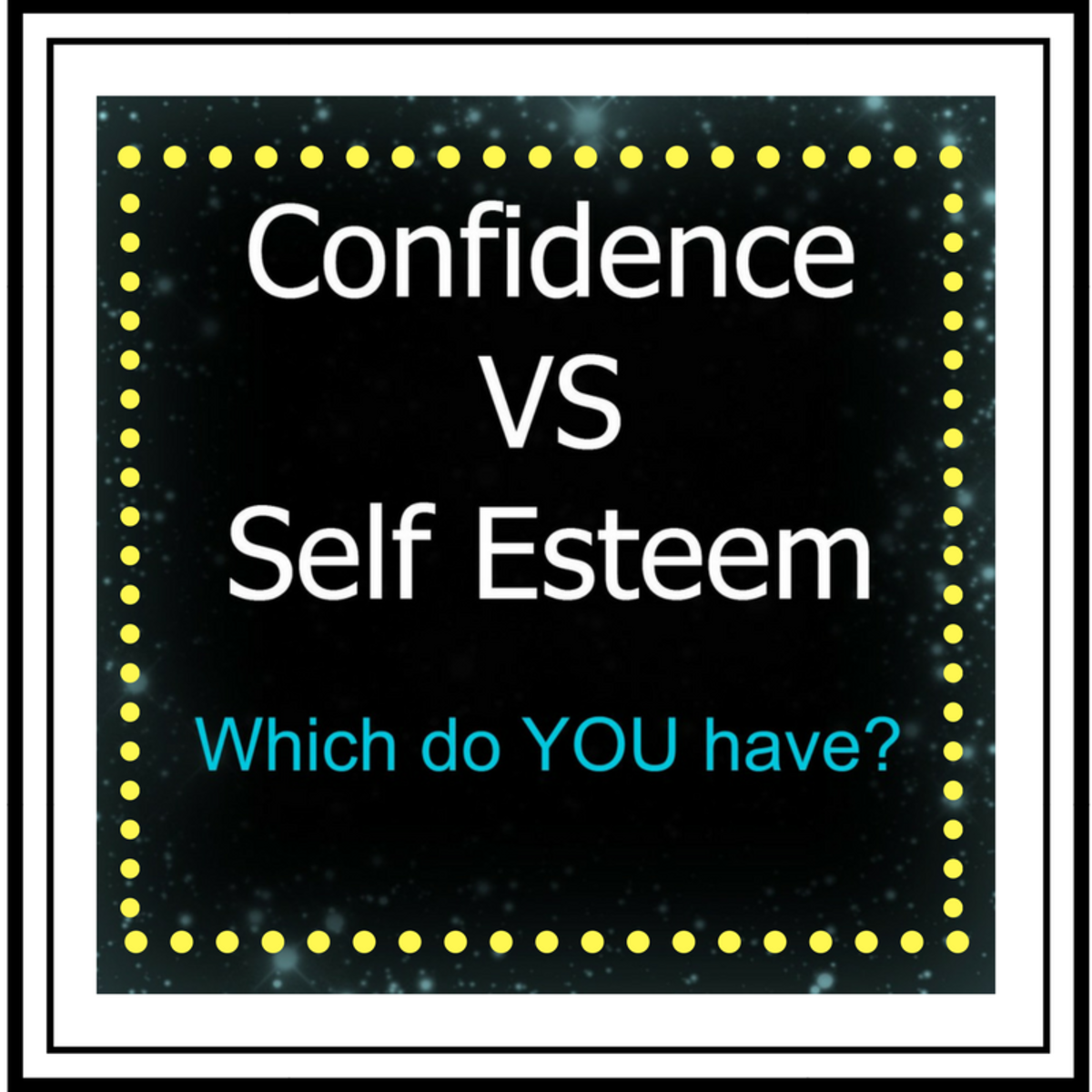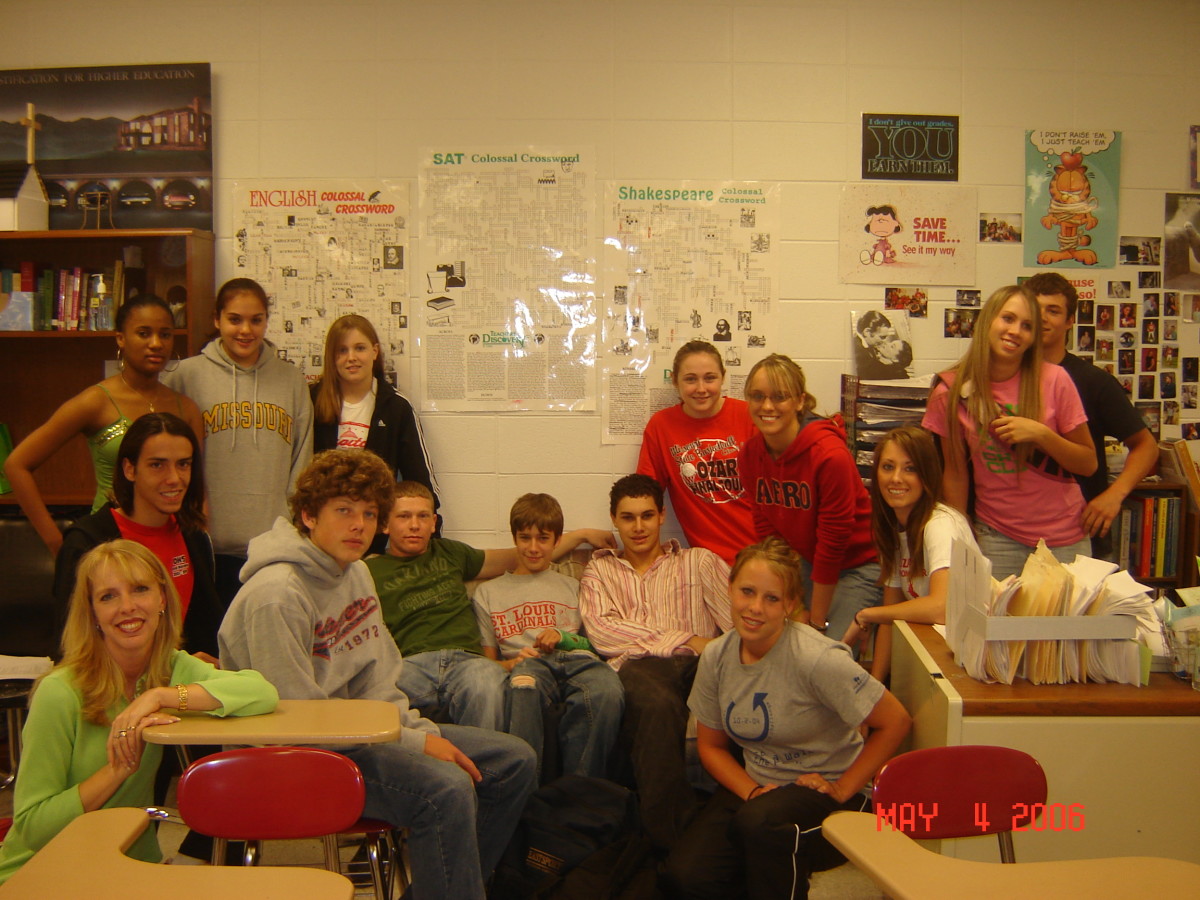Self-Esteem is Not Built Upon Praise
How Children Learn to Respect Themselves
Self-Esteem is Not Built Upon Praise
Self-esteem is not a by-product of accolades. It is not a few sentences of compliments to hand out like a magic wand that instantly gives another human being worth. No, a strong sense of self is rooted in stages of knowledge actualized by hard work.
I worked many years in the business of building self-esteem. For 36 years, I was a public school teacher. In order to bring out the best in my students, I had to assess each child on his or her own merits. And even though my students were uniquely different from one another, I found one unifying motivator to keep the whole class moving forward with the focus of learning. I taught my students how to give themselves a sense of pride and worth.
First, I learned that praising a child because he or she exists means nothing. When a parent or teacher calls a child a winner for just ‘showing up’ then, the true winner, the child who worked hard to achieve a skill or assignment, is negated. Why should a child try if everyone is considered equally gifted or qualified? In the adult world of competitive salaries and promotions, only those who earn leadership roles are rewarded, not because they simply show up every day. No, leaders are not born, they are developed over time by hard work.
Second, children must be taught how to achieve. I used to have a bulletin board that showcased great work. I only put up A and B papers/projects. Some students would ask me why all papers weren’t celebrated. I calmly explained that anyone could be on the achievement wall if they put in the required effort. However, I had to set up an environment of expectations for all students to understand what constitutes personal achievement.
I started from where each student tested, then I walked them through the steps of learning with much encouragement and help. Each time a student mastered a goal, I wouldn’t say, “Wow, you’re great.” I would say, “How did you feel when you mastered that goal?” “Did you think you could actually figure this out for yourself?” “What were the factors that made the difference?” These types of questions trained my students to take responsibility for their own efforts. They became intrinsic learners encouraged by their own successes. Children who aren’t taught to work for something learn to wait for someone else to give them their worth. As adult employees, they might say something like, “Be glad I showed up, doesn’t that account for something?”
Third, self-esteem gleaned from hard work turns into confidence. People often ask me why I’m so comfortable in my own skin. I simply say, “I learned from a young age how to work hard for something I truly wanted because my parents didn’t have the means to give it to me. I achieved much in school to get scholarships for college; and, since the age of 15, I’ve had many jobs to save for the rest of my tuition. I was never afraid to fail because I knew how to rely on myself to succeed.”
At the end of each school year, my students always said, “Mrs. Kato, you taught me that an education is something no one can take away from me. And now I know I can achieve it.”


© 2018 Jeaninne Escallier Kato








